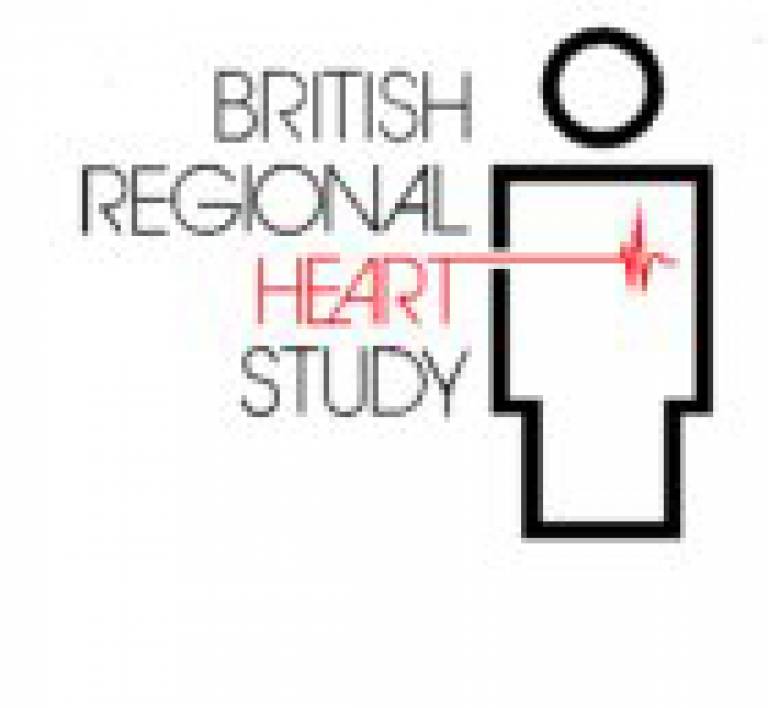UCL doctors confirm passive smoking heart risk
10 February 2009
Links:
 interscience.wiley.com/cgi-bin/fulltext/121685319/HTMLSTART" target="_self">'Addiction' article
interscience.wiley.com/cgi-bin/fulltext/121685319/HTMLSTART" target="_self">'Addiction' article
A team of researchers led by UCL has published findings which show that people living with someone who smokes continue to be at risk of the harmful effects of passive smoking. Second-hand smoke remains a health concern despite a decrease in the number of smokers on a national level.
The study, published in the current issue of 'Addiction', measured exposure to tobacco smoking in non-smoking, middle-aged men taking part in the British Regional Heart Study (BHRS). The men were tested for the levels of cotinine (a metabolite of nicotine) in their blood at two time points 20 years apart. A blood cotinine level above 0.7ng/mL is associated with a 40% increase in the risk of a heart attack. The researchers found that while in 1978-80, 73% of men had a cotinine level above 0.7ng/mL, by 1998-2000 that proportion had fallen to 17%.
However, despite the number of non-smoking men at risk having fallen, half of those who still had a high cotinine level (above 0.7ng/mL) in 1998-2000 lived with a partner who smoked. Their cotinine levels were nearly eight times higher than the cotinine levels of men whose partner did not smoke.
During the period covered by the study, undertaken with St George's, University of London, national data shows that the prevalence of smoking amongst adults across the UK declined from 40% to 25%. Restrictions on smoking in public places were also introduced, although the study period was before the national legislative bans on smoking in public places introduced between 2006 and 2007.
Dr Barbara Jefferis (UCL Primary Care and Population Health), lead author of the study, said: "The decline in smoking together with restrictions on smoking in public places has created an environment where people are exposed to far less tobacco smoke. This has resulted in the dramatic fall in the number of non-smokers at an increased risk of a heart attack.
"However, we can clearly see that living with someone who smokes puts you at a heightened risk. If we are going to reduce people's exposure to tobacco smoke further then we will need to focus efforts on reducing smoking in the home."
UCL Context: UCL Primary Care and Population Health
UCL Primary Care and Population Health (PCPH) was formed in 2008 with the aim of researching the management and prevention of disease in individuals and populations in areas of priority to the health of the community. The department works on areas of epidemiology, medical statistics, medical sociology and health psychology.
The British Regional Heart Study (BHRS) is one of the six research groups within the PCPH. It is a study in middle-aged men drawn from general practices in 24 British towns, recruited in 1978-1980. It was set up to determine the factors responsible for the considerable variation in coronary heart disease, hypertension and stroke in Great Britain. It also seeks to determine the causes of these conditions in order to provide a rational basis for recommendations towards their prevention.
 Close
Close

